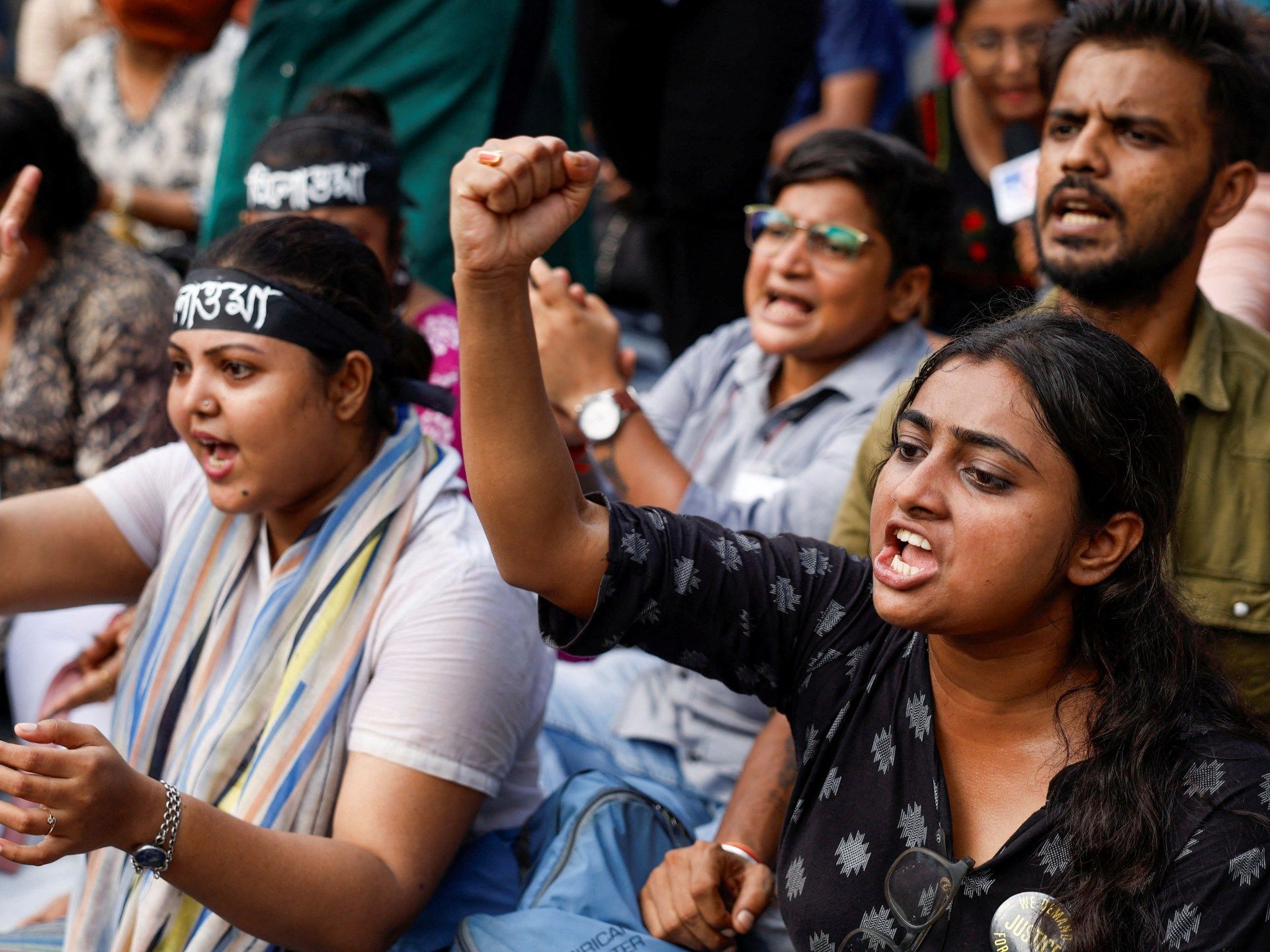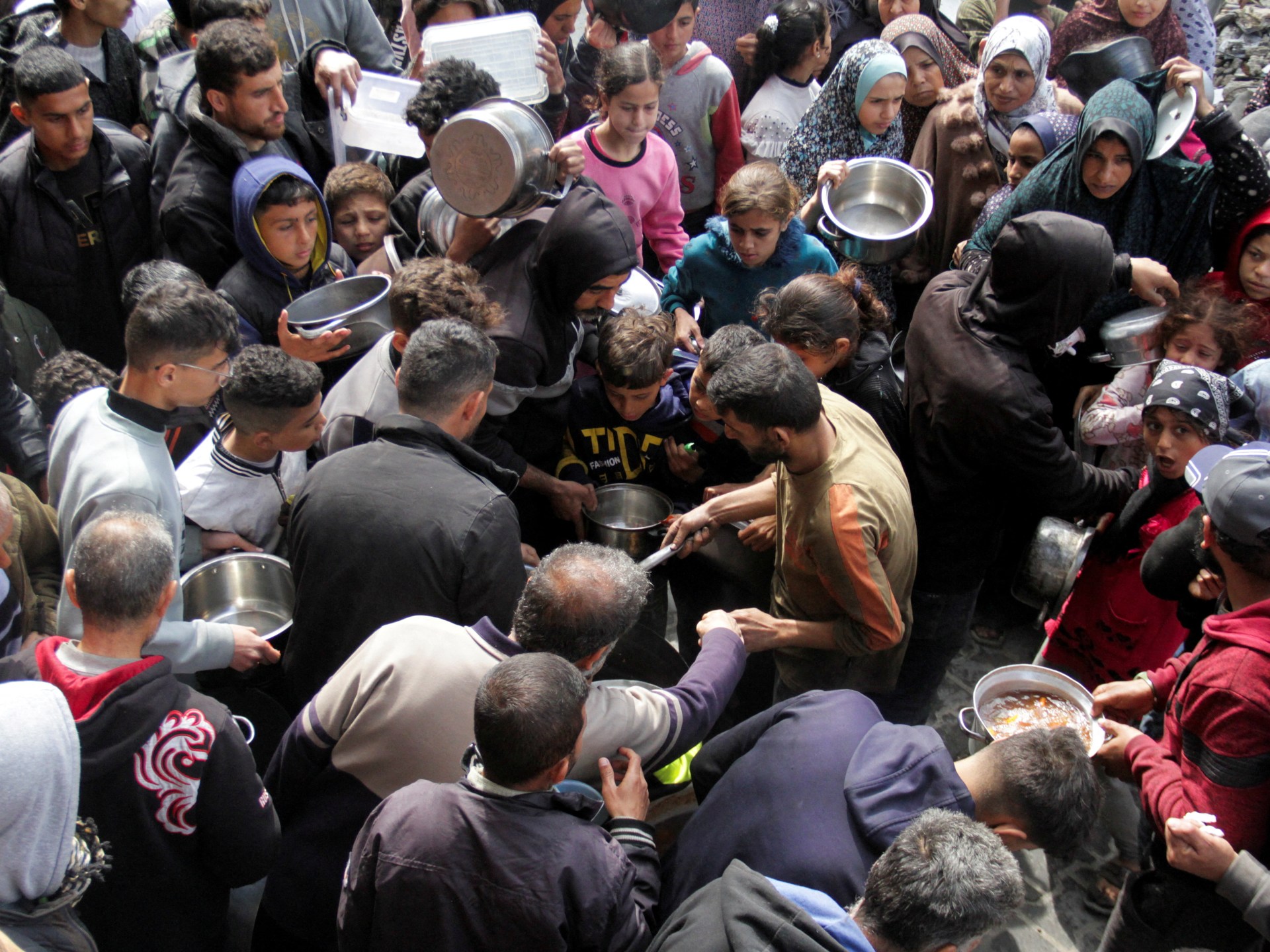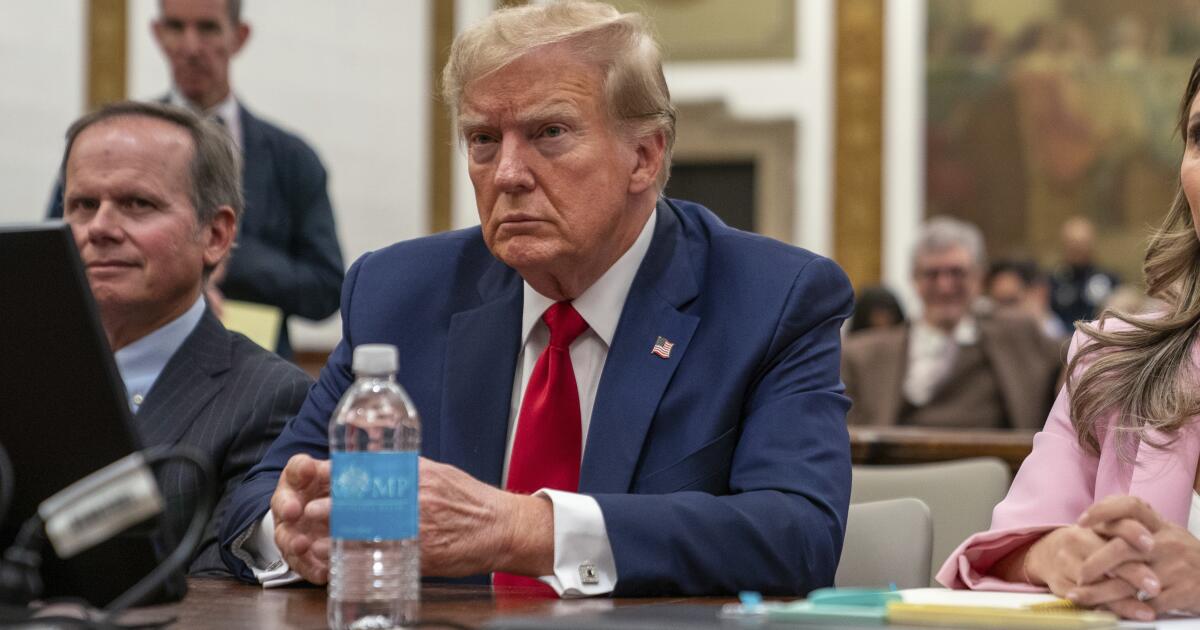Former director of RG Kar Medical College, Dr Sandip Ghosh, has been charged with tampering with evidence by the central investigating agency.
India's federal investigation agency has arrested the former principal of a medical college in the eastern city of Kolkata on charges of tampering with evidence in connection with the rape and murder of a junior doctor, a case that sparked weeks of protests across the country.
Dr Sandip Ghosh, former principal of RG Kar Medical College, was arrested along with police officer Abhijit Mondal by the Central Bureau of Investigation (CBI) on Saturday evening.
Ghosh and others allegedly delayed declaring the victim dead as well as filing a first information report (FIR), a formal police complaint, leading to the destruction of vital evidence, according to additional charges filed by the CBI in court, Reuters news agency reported.
He was already in judicial custody after being arrested by the agency in a case related to corruption at the university on September 2.
The 31-year-old victim, whose body was found at the medical school in early August, sparked a wave of protests across the country and demands for greater safety for women in the workplace, as well as justice for the victim.
The lawyer representing Ghosh could not immediately be reached for comment.
Mondal, the officer in charge of the police station that has jurisdiction over the university, was also charged with failing to protect the crime scene, a source with direct knowledge of the matter told Reuters.
Asked about Mondal's arrest, a senior Kolkata police official said: “We will respond to the charges in court.”
The two arrests come more than a month after the prime suspect was arrested by Kolkata police and charged with rape and murder.
Young doctors in the eastern state of West Bengal, whose capital is Kolkata, have decided to continue their protests until the victim gets justice.
The doctors' protests were joined by an angry citizenry, with thousands of women and men marching in Kolkata and cities across the country for weeks, demanding justice and better safety measures in hospitals.
Activists say the doctor's rape and murder showed how women in India continue to face sexual violence despite tougher laws introduced after the 2012 gang rape and murder of a 23-year-old student on a bus in New Delhi, the national capital.
The attack encouraged politicians to order tougher penalties for such crimes and to set up fast-track courts for rape cases. The government also introduced the death penalty for repeat offenders, but has failed to stem the rise in crimes against women.
Crimes against women in India rose 4 per cent in 2022 from the previous year, data from the National Crime Records Bureau (NCRB) released late last year showed.












